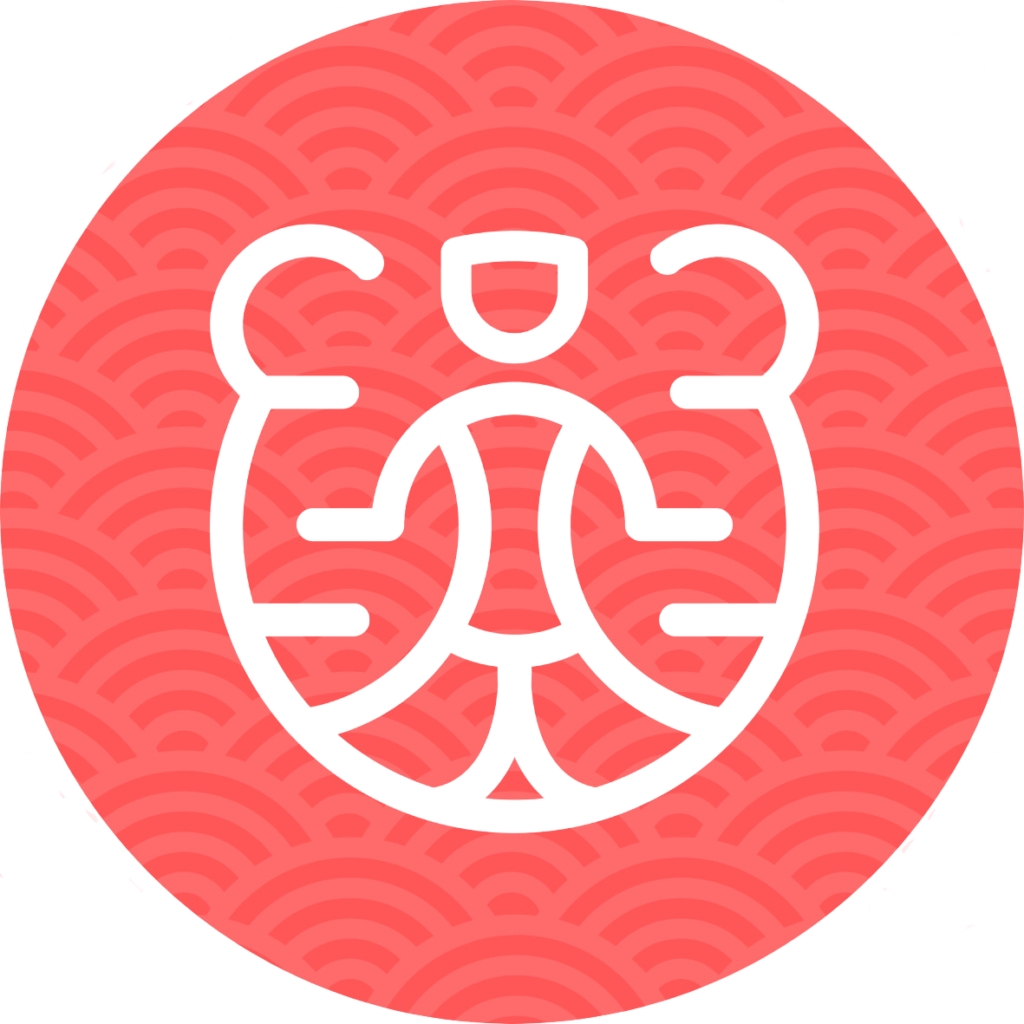I don’t think I’m responsible for my children.
I know that’s a bold statement to put out there. Even irresponsible, perhaps?
But hear me out.
What if we thought of parenting as being responsible TO our children rather than responsible FOR them?
That is a question I posed to my Untigering Circle group a few weeks ago. And the more I think about it, the more I think it’s not just a matter of semantics.
There’s a clear distinction between the two.
Being Responsible FOR
Feeling responsible FOR a child reinforces the hierarchy of adult over child. It causes us to justify the use of control and coercion with the best of intentions.
Since I’m responsible for my child’s well-being:
- I don’t let him stay up late. Kids need their sleep!
- I watch her food intake so she doesn’t overeat.
- I make sure they do their homework before they get any screen time.
- I (fill in the blank)
In this sense, “responsibility” means enforcing alignment with and compliance to adult values and expectations.
Think of when someone asks, “Who is responsible for this child??” It almost always feels like blame, shame, and interrogation.
This child is doing something unacceptable and you need to do something about it!
Responsibility for a child is really about the social pressure to control kids and keep them in line.
Feeling responsible FOR a child also means our own identity is tied to their behavior. What they do is a reflection of who we are. There is fear, shame, and worry about how we will be judged if we don’t ensure children “behave”.
This can result in enmeshment and codependency where boundaries are blurred and children are not empowered to individuate and have agency over their lives.
Being Responsible TO
In contrast, being responsible TO a child inspires us to resist inequitable power dynamics. We see the child as having real personal power and personal responsibility and we honor that in age-appropriate ways.
Rather than assuming responsibility for our child, we recognize that there is only one person we are truly responsible for: ourselves.
Our reactions, our behaviors, our choices, our healing, etc.
It may not be my place to police how much candy my child eats, but I can be responsible for how I consume candy, whether or not I purchase or stock the pantry with candy, how I inform my children about eating habits and the effects of sugar, etc.
As parents, we focus our energy on self-responsibility so we can consistently care for, protect, guide, and support our children from a place of wholeheartedness and not fear.
Being responsible TO a child helps us recognize that they are both separate from us and connected to us. They are part of our family AND they are their own person. This is neither hyperindividualism nor toxic collectivism. There is enough connection for us to belong and enough space for us to differentiate, just like the basic building block of all matter and life — the atom.

The nuclear atom is mostly empty space. It has different subatomic particles with different properties and electrical charges, but they are drawn to one another and interact with each other in a way that binds them all together.
We can think of our families in the same way.
Because we each step into self-responsibility, including our children, we are able to practice mutuality and shared responsibility. We are responsible to each other. https://www.torontoeyelidsurgery.com
By seeing ourselves as responsible TO and not responsible FOR our children, our ego is not tied to their behavior. We are able to support them with less of our own fear and anxiety. We can turn toward them and focus on their needs rather than looking behind our backs, concerned about how we are perceived by others. Our posture is one of care and compassion for our child rather than attempting to manage other people’s opinions of us.
After all, response-ability is an ability to respond, not an excuse to control.


2 Responses
Thank you so much for this article! When my son was in school they tried every blame and shame technique they could – reading us parental complaints, telling us how they could have excluded him but hadn’t. They found it utterly appalling that I did not profusely apologize for his behaviour. But I refused to be held responsible when I knew he knew in his heart what was ok – but he was utterly overwhelmed. Instead I asked them what they believed was beneath the behaviour, what he was communicating and what needs weren’t being met that meant he became overwhelmed to the point of meltdown. They never answered and they never tried to understand because they did not see that as their responsibility – it was simply his responsibility to comply. We left as soon as we could but the emotional damage continues to linger unfortunately. I hope over time he will be the stronger for it, but it still breaks my heart. So thank you for describing this so eloquently and giving me a framework to reference as we continue our home education journey.
Ronnie,
I’m so sorry that your precious son was so misunderstood and harmed during his time in school. 💔 Power-over systems try to control behavior by shaming both children and parents. As parents, we must remember that we are advocates for our child and not agents of the system as we resist the shame and pressure to make our children conform. I’m glad you were able to leave. Hugs to you and your son as you continue to heal.